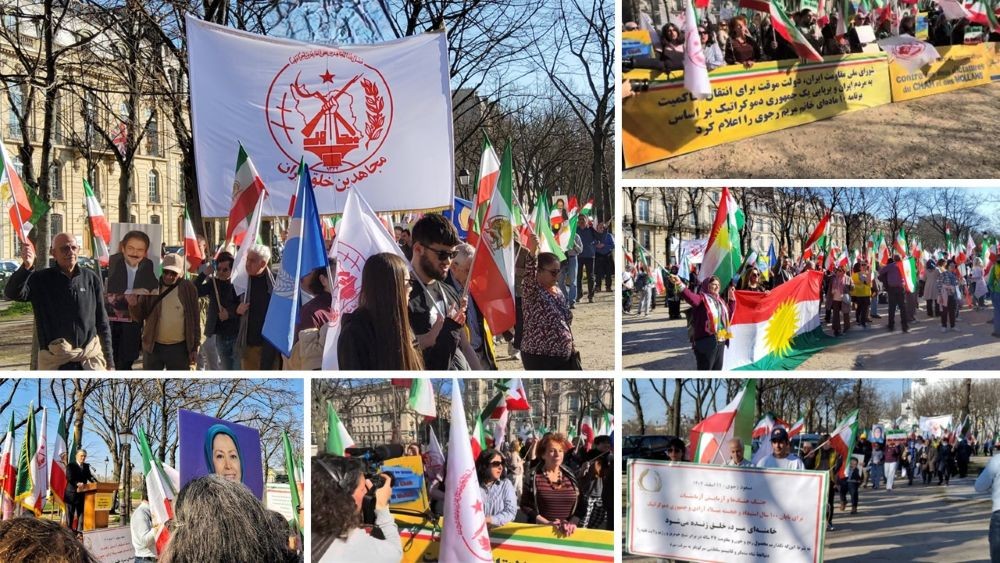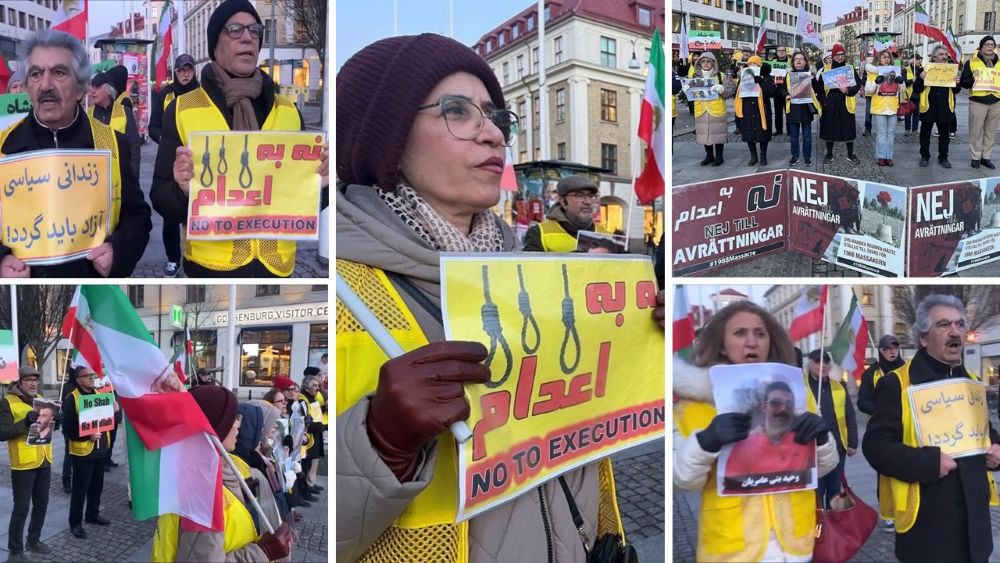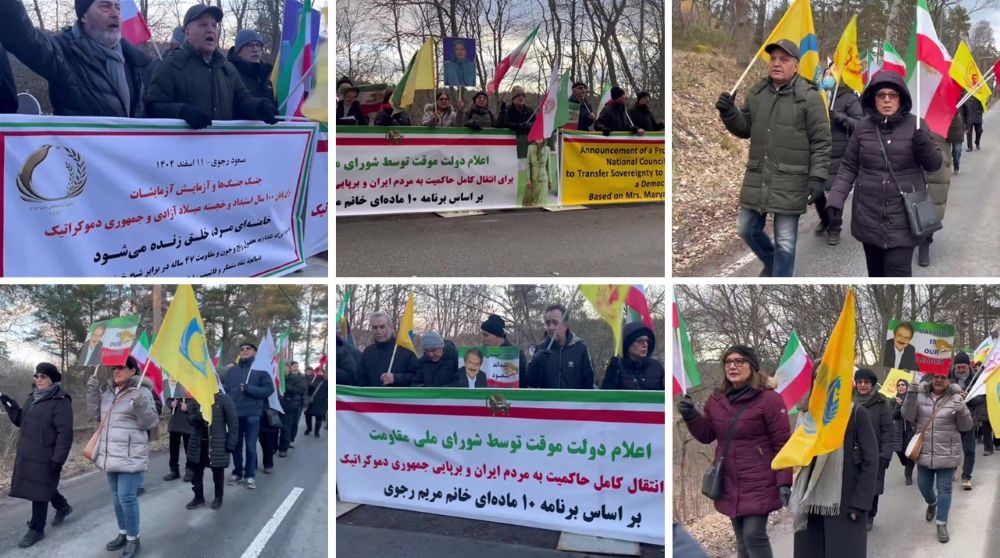Iran Human Rights Monitor(Iran HRM) reviews the catastrophic outbreak of coronavirus in Iran and the mullahs’ officials’ negligence in this regard in the monthly report for September 2020. It also reports the regime’s repressive actions against political prisoners and detainees in the Iran protests and the brutal and inhumane punishments inflicted on prisoners.
Excerpts from this report are as follows:
IRGC seeking to secure presence in every neighborhood
The Iranian regime officials have resorted to new means of imposing repression in step with the growing social disgruntlement. Mohammad Yazdi, Commander of Tehran’s Mohammad Rasoul-Allah Corps, announced on September 14 that they had formed “hit squads” to patrol various neighborhoods and districts in Tehran. In this way, it is preparing to prevent the eruption of major anti-regime protests by crushing the first nuclei at their inception in a neighborhood. In the southwestern province of Khuzestan, the IRGC announced in a statement issued on September 15.
The clerical regime’s officials say that Khuzestan Province and its capital, Ahvaz, top the list of regions where gatherings and calls for protest, particularly by workers and other working sectors, have increased over the past year.
Humiliating the youth, another means of terrorizing the public
It is all but clear that the regime seeks to escalate the atmosphere of fear and terrorize the public because of the volatile social and political situation. The experience of widespread protests in recent years, which have targeted the regime’s top leadership, attest that the mullahs have not succeeded in pushing back the protests.
Violation of the right to life
The Iranian regime continued to execute more people in September, seeking to repress and terrorize a volatile society. The Iranian regime executed national wrestling champion Navid Afkari on September 12, 2020, turning a blind eye on all the domestic and international appeals to stop his execution.
Raisi, who is notoriously known as the “1988 murderer” when he was a member of the Death Commissions ordering the massacre of 30,000 political prisoners, shamelessly boasted of acting to fulfill “the rights of people” and of granting the wishes of the “owners of the blood. The Iranian regime executed at least 21 persons in September.
At dawn on Sunday, September 20, 2020, prison authorities carried out the death penalty for a young man by the name of Mo’ ayyed Savari. He had been detained 29 years on the death row before being executed. Twenty-nine years after being arrested allegedly for killing his brother, his death verdict was upheld by Branch 13 of the Supreme Court on September 7, 2020. “My father has been condemned to death after 30 years,” said Mr. Salavarzi Zadeh’s son.
Torture and other ill-treatment
Four men were ordered to have four fingers on their right hands amputated. The sentences against the four men, Hadi Rostami (33), Mehdi Sharfian (37), Mehdi Shahivand (42), and Kasra Karami (40), have been upheld by Iran’s Supreme Court and referred to the Centre for the Implementation of Sentences. The sentences may be carried out at any moment.
The prisoners previously claimed that they were forced to confess under torture, and one of the prisoners, Rostami cut his wrists in June to protest the upholding of his sentence earlier this year.
Freedom of religion and belief
The persecution of religious minorities in Iran continued in September. Meanwhile, at least six Christian converts were summoned or sentenced to prison and exile. An Iranian court in southwestern Iran took away the custody of the 2-year-old adopted daughter of an Iranian Christian couple last month. The Bushehr Court of Appeals said on September 22 that the child was born to Muslim parents, and therefore a Christian family could not adopt her.
The judge presiding over the Bushehr family court initially said on July 19 that 2-year-old Lydia had a strong bond with her Christian parents, adding that the child, who has serious health issues, would have “an unknown future” if returned to the orphanage. Lydia suffers from heart and digestive problems, and the Welfare Origination, through which children are adopted, had not informed the Iranian Christian couple of her health issues.
Repressive measures against Iranian people
On Saturday, September 26, Iranian authorities ordered the residents of six border villages near Sardasht, Kurdistan province, to relocate and forcibly evacuate their hometowns. The regime has offered no solution to the people who will now be homeless. State security forces attacked a group of citizens in the county of Likak, in Bahmaei district, southwest Iran, and open fire on them, according to reports obtained on Sunday, September 27. Security forces assaulted the driver after he protested.
The security and regulations committee of Bu-Ali university in the city of Hamadan, western Iran, summoned 15 students, according to a September 26 report by the state-run Etemad website. According to state-run media, the students were summoned because they held rallies last year and chanted anti-regime slogans.



